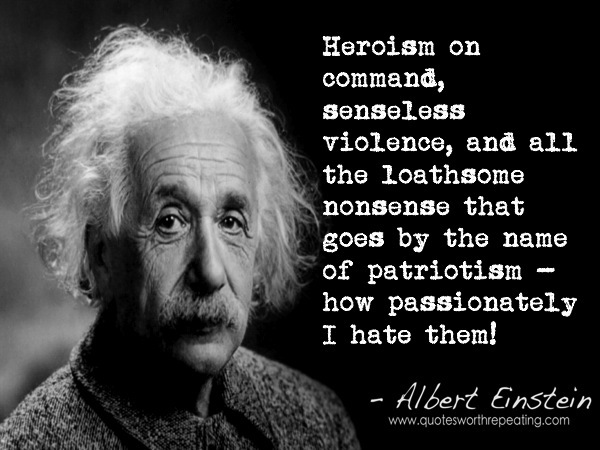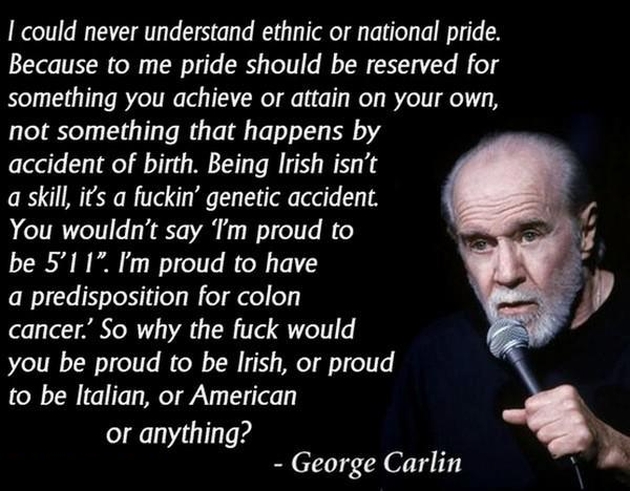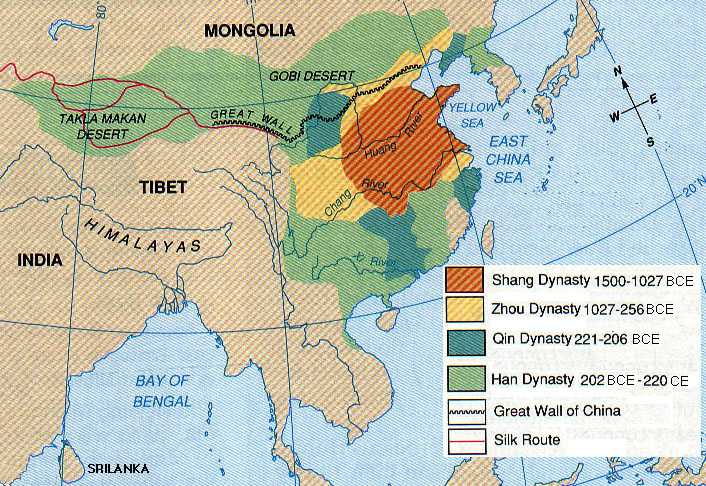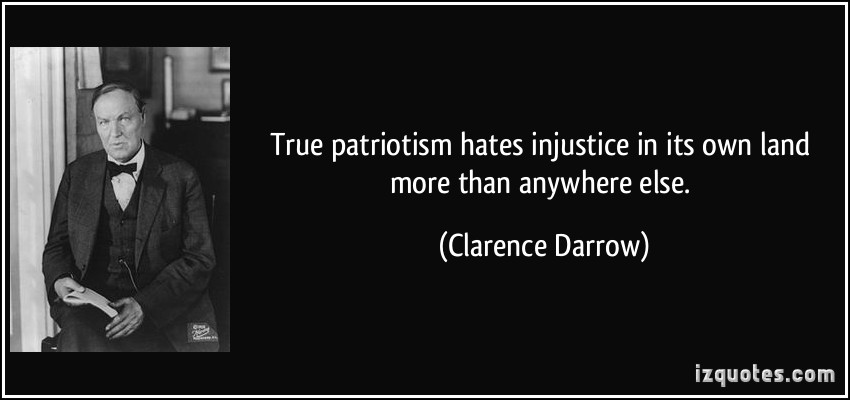Is patriotism healthy? By Sean Boyce 柏笑恩
This has been a topic a while in the making, and is somewhat especially important now. During all economic downturns, many people turn to patriotism or nationalism. You can try to claim their is a difference between patriotism and nationalism but I see it as a weak defence for claiming your patriotism is different from the patriotism you see in those countries you dislike. Extremely strong patriotism like we see in China and America is bred by the state, and we can see how much money is spent on such cultural and patriotic events. As you would expect, countries who spend less money on such events, tend to have a less patriotic population.
Before we see all the "I'm not a nationalist I'm a patriot" argument, lets actually look at how similar they really are:
Patriotism is, generally speaking, emotional attachment to a nation which an individual recognizes as their homeland. This attachment also known as national feeling or national pride, can be viewed from different features relating to one's own nation, like ethnic, cultural, political or historical aspects.
Nationalism is a belief or political ideology that involves an individual identifying with, or becoming attached to, one's nation. Nationalism involves national identity, by contrast with the related construct of patriotism, which involves the social conditioning and personal behaviors that support a state's decisions and actions
You can choose which one you believe you think you are. But I find that often people get confused themselves over the two. If you wish to claim in the comments they are entirely different, please state why your patriotism is different from another countries nationalism.
So, onto the topic in hand, I wish to discuss, is patriotism healthy?
Now my views on this may even be a little strange for some Europeans, although I am sure some will agree with me but let's start at the basics, why do I dislike patriotism? Patriotism by definition is a love of your country. Some take this at face value and assume "why would anyone not love their country" but their are many reasons why.
1. A country is an entirely abstract construct.
This for many is a seemingly absurd statement, of course countries exist Sean,
how could you be walking around Harbin if it did not. A country is abstract in
the sense that it's borders exist only within the minds and laws of human
beings. If we remove humanity from the equation or go into space, we cannot see
countries. They simply do not exist except in the minds of humans, it is in
essence, an entirely abstract concept. It is a social construct by definition.
2. Being proud to be from a country is plain silly.
looking at the above quote, I must agree with Mr Carlin. Your nationality is
nothing but a genetic accident. It is pure coincidence that you come from which
country. There is nothing to be proud of. Pride should come from achievement,
not simply being. I am not proud of my green eyes or any other parts of my
features and identity. I am proud of the achievements I created in life.
Now, you may be thinking "but sean, we are Chinese so when China achieves
something we all do" but to this I reply, we are also all human beings and
is just a defining part of our identity as nationality. Can I then claim pride
whenever Someone the world over invents something or a country does something
worthwhile? No I cannot.
3. A sense of superiority comes from it.
One issue I have with patriotism is that sense of superiority, that idea that my country is awesome and your country is not. It creates and implies a sense of superiority and creates a dividing barrier, leading to possible conflicts between members of countries due to hurt pride by someone else's superiority. No country is superior, we are all just countries, just groups of people with our own advantages and disadvantages. You may prefer your own advantages more but be respectful that many the world over probably also prefer their own country's advantages.
4. Patriotism is conflating the Country with the government and the people.
Another problem with patriotism is that it blurs the line between country,
government and people. A country is not the same as it's government nor is it
the same as it's people. An example, Japan is a country. Many people claim they
hate Japan but in reality you hate the Japanese government. The actual island
that is currently Japan did you no harm. It's not like mount Fuji came to life,
strode across the waters and went to war alongside the soldiers. Countries are
just land end of. As for hating Japanese people, ok You may hate SOME of the
people who agree with the Japanese version of history but there still exists a
lot of Japanese people who believe in pacifism and that their country should
repent for their past atrocities.
5. Countries, even if they were not abstract change all the time.
I hear this argument a lot, historically....something happened and so historically it belonged to some country. If we are going to go down this road, then HISTORICALLY we all belong to some African nation as we all come from there. A country is made up of people usually with a shared or similar language and culture. But again, it is constructed by people. People in Harbin believe they are Chinese. However, they were once upon a time Russian, not Chinese. There was a time that Harbin existed within the Russian borders. Now you may be thinking the land was always China's but if you look at history there was a time during Chain's founding that this patch of land was not in fact in China. Being patriotic to your country means being patriotic to the concept of abstract borders created by the status quo of the worlds society. You can see from the map above, a lot of modern China is not contained within Ancient China's borders. Like I say, countries are abstract and borders change.
6. An inability to listen to a critique of your country
For many who are patriots, a critique of a country's society or government is instantly taken as an offence on themselves as a person. This is not true for 2 reasons.
A:
If a critique is constructive then it shouldn't be taken offence to. If the
world was perfect, there would be nothing to improve but this is not the case.
Some times critique's are good ways to raise awareness to an issue to
ultimately IMPROVE the government or society in question.
B: The critique is looking at the society or the government. By taking offence
to this, you are going out your way to take offence. You know it is not aimed
at you personally yet you take it personally as you see an offence to your
country as an offence to your person. Can I ask then, why is any offence to
mankind not an offence to you personally. We are all human, so technically when
someone critiques a foreign country you should be also getting annoyed at that
too, no? For many patriots, patriotism comes with the price of not being
able to understand or accept the argument of the other side, or even meeting a
compromise. You are right because to believe other wise, to believe something
that goes against your country makes you not a patriot. WRONG! Understanding
your country's flaws and improving them makes you more of a patriot than blindly
believing everything is fine and dandy. Wouldn't a patriot be willing to listen
to all of the arguments to therefore create a more informed conclusion in order
to better their own country?
I do not understand this need for patriotism. Research has shown it doesn't create a more stable society. It doesn't create monetary benefits (It actually costs the tax payer more to be patriotic as patriotic events are paid for). It just makes it easier for people to agree with the work of the government in my eyes and actually serves no real purpose. I understand there do exist less radical forms of patriotism but I always wish to ask, when can we stop seeing ourselves as Chinese, British, American, French, Malaysian etc... and start seeing ourselves as Human?
Please feel free to join in the debate and leave comments below. If you wish to share this article please quote my name.
请你们在下面写你们的想法。文明发表言论,转发注明出处













Comment